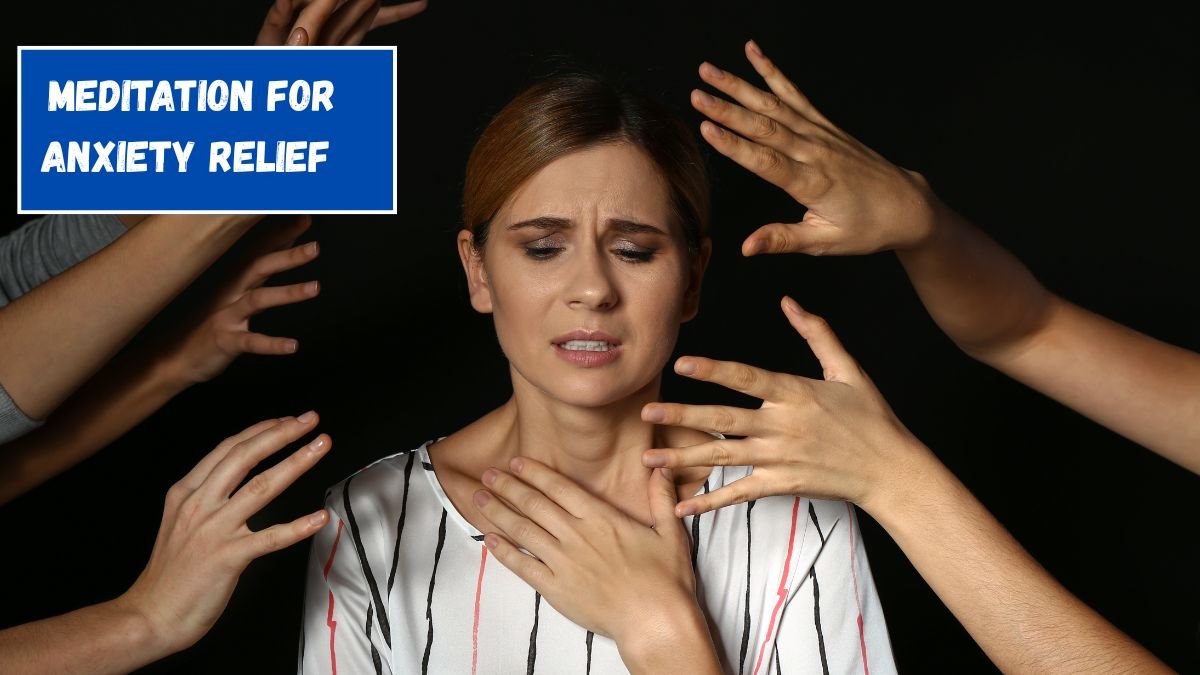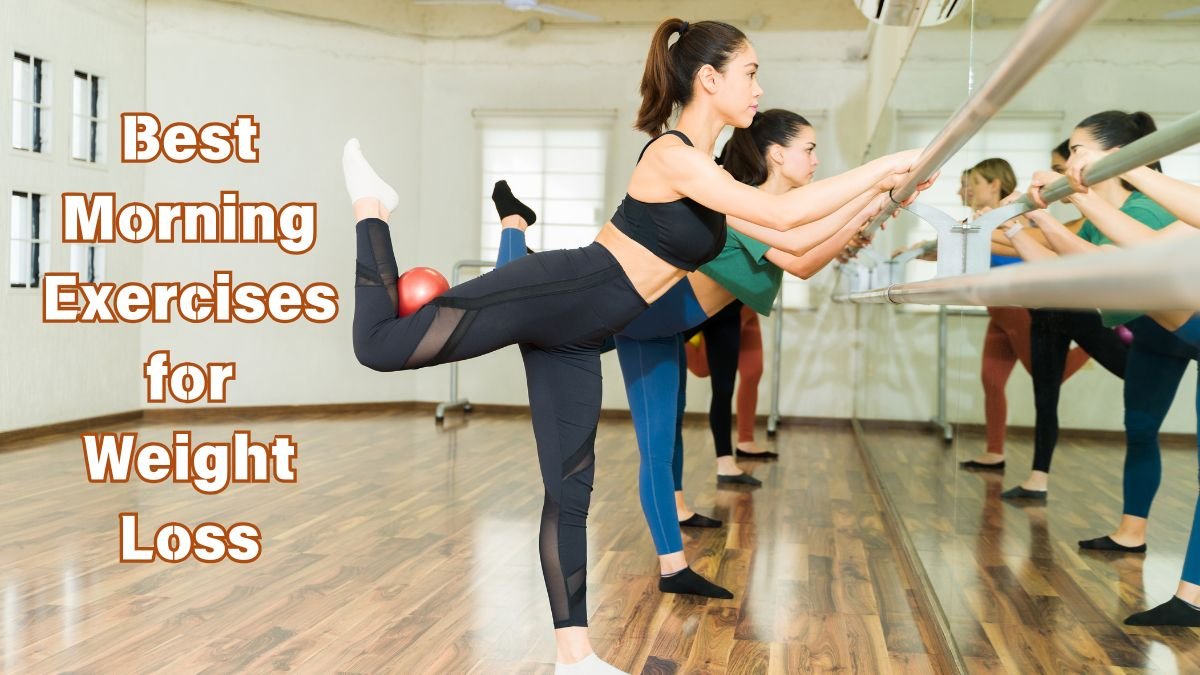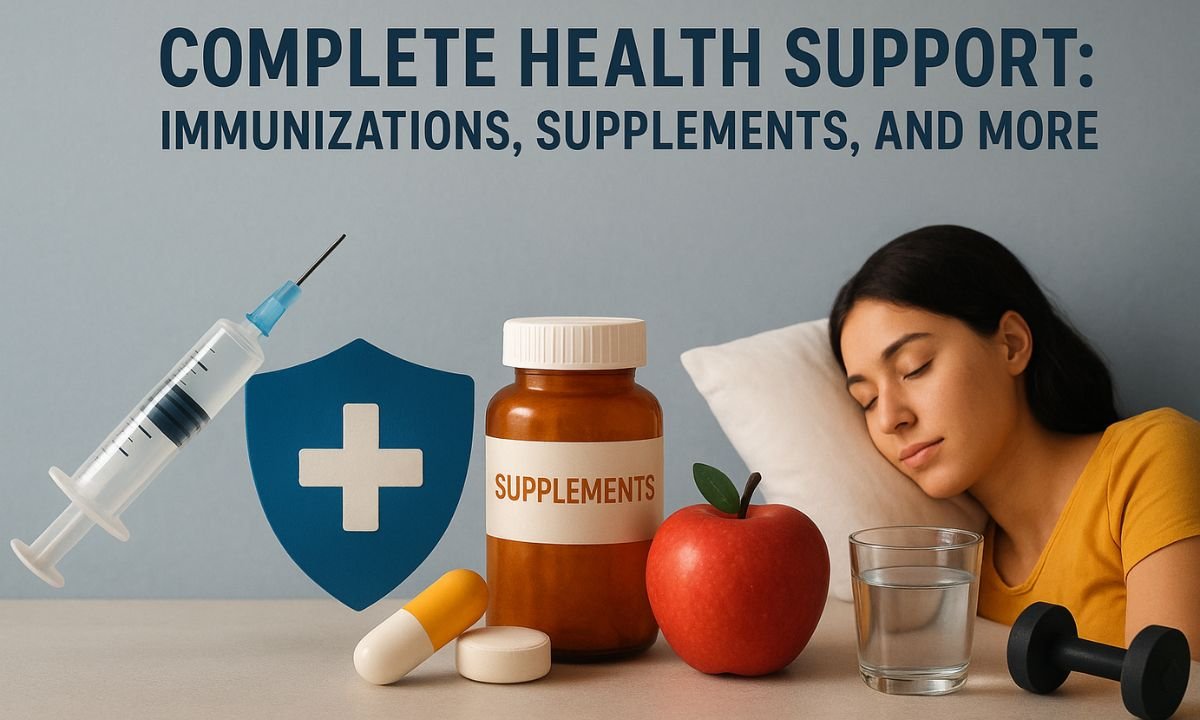Feeling anxious is something almost everyone goes through. Sometimes it’s a racing heart before a big event, other times it’s constant overthinking that doesn’t let you rest. Anxiety can feel like carrying a heavy backpack full of worries all day long. But here’s the good news—meditation can help you put that backpack down and finally breathe easy.
What Is Meditation Really About?
Meditation isn’t about sitting in silence for hours or trying to “empty your mind.” Think of it as training your brain the way you train your muscles at the gym. Instead of lifting weights, you’re practicing focus, calm, and awareness. It’s like giving your mind a gentle reset button whenever it gets too noisy.
Why Meditation Helps With Anxiety
When you’re anxious, your thoughts often spiral out of control—like a hamster running endlessly on a wheel. Meditation slows that wheel down. By focusing on your breath, your body naturally relaxes, your heartbeat slows, and your mind gets a chance to pause. It’s almost like switching from a stormy radio channel to a calm and clear one.
Simple Ways to Start Meditating
You don’t need fancy cushions, candles, or a quiet mountain retreat to meditate. You can do it right where you are. Here are a few easy ways to begin:
Focus on Your Breath
Close your eyes and pay attention to your breathing. Inhale slowly, exhale slowly. If your thoughts wander (and they will), gently guide them back to your breath. It’s like steering a boat that keeps drifting off course.
Body Scan
Lie down or sit comfortably. Notice how each part of your body feels, from your toes to your head. This helps release tension you didn’t even realize you were holding.
Guided Meditation
If sitting in silence feels tough, try an app or video that walks you through meditation. It’s like having a friendly coach guiding you step by step.
Mindful Moments
Meditation isn’t only about sitting still. You can practice mindfulness while sipping tea, walking, or even washing dishes. Pay attention to the small details—like the warmth of the cup or the sound of water. These little mindful breaks can be just as calming.
Making Meditation a Habit
Starting is easy, but keeping it up is where the challenge lies. The trick? Keep it simple. Meditate for just a few minutes daily instead of forcing long sessions. It’s like watering a plant—small, regular drops work better than pouring a bucket once a month.
You can set a reminder on your phone, tie it to another habit (like after brushing your teeth), or create a cozy space where you love to sit. Over time, those few minutes will feel as natural as brushing your teeth.
Overcoming Common Struggles
Many people give up meditation because they feel they’re “bad” at it. But here’s the secret: nobody is bad at meditation. The mind wandering is part of the practice. Each time you bring your focus back, it’s like doing a push-up for your brain. Progress comes from practice, not perfection.
The Bigger Picture
Meditation won’t make anxiety disappear overnight, but it gives you tools to handle it better. It’s like carrying an umbrella—you can’t stop the rain, but you can stay dry. Over time, you’ll notice you’re calmer, less reactive, and more in control of your emotions.
Last Thought
Meditation is a simple yet powerful way to calm your anxious mind. You don’t need to be an expert or spend hours doing it—just a few minutes daily can make a big difference. Think of it as giving yourself a break from the chaos and choosing peace, even for a little while. So, the next time anxiety knocks on your door, take a deep breath and remember—you have the power to breathe easy.
FAQs
What’s the best time to meditate for anxiety relief?
Anytime works, but mornings and evenings are usually the most peaceful.
Do I need complete silence to meditate?
Not at all. Even if there’s some noise, you can still focus on your breath.
Can meditation replace therapy for anxiety?
No, but it can support therapy and make coping easier.
How long should I meditate each day?
Start with just a few minutes and slowly increase as you feel comfortable.
Is meditation safe for everyone?
Yes, it’s generally safe, but if anxiety feels overwhelming, it’s always good to talk to a professional too.






